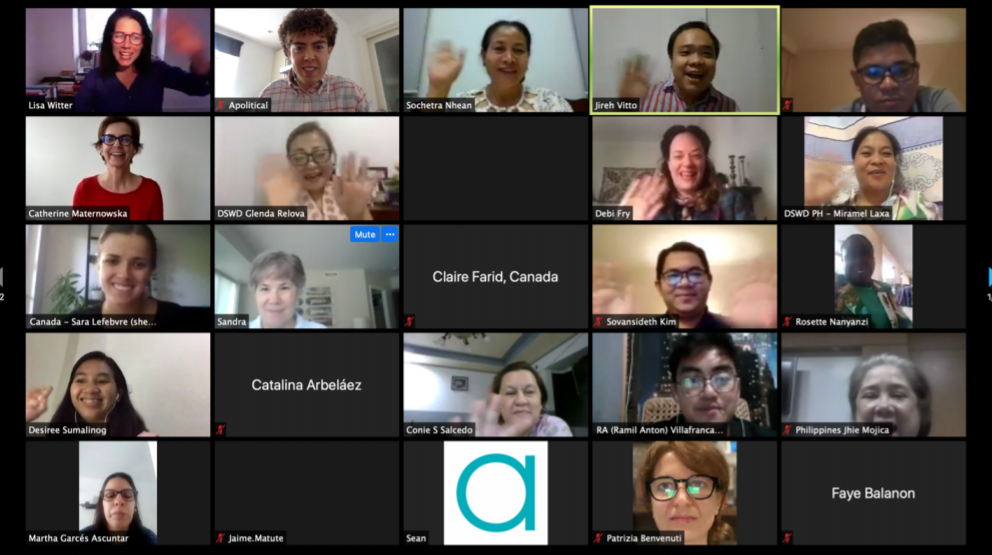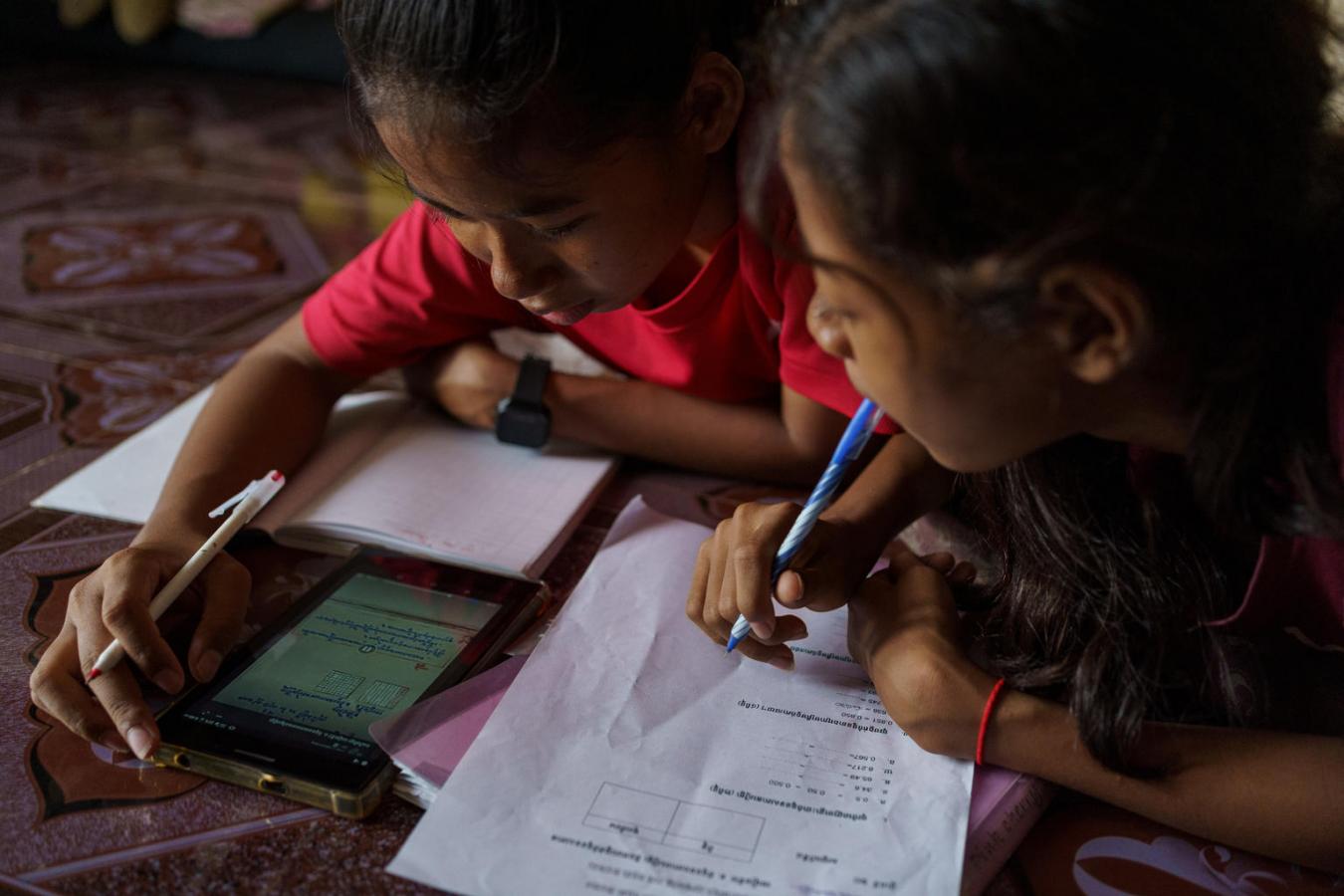The 2019 Violence Against Children and Youth Survey (VACS) reported that 41 per cent of girls and 42 per cent of boys in Colombia had experienced some type of violence in childhood. The surveys were led by the Government of Colombia with support from the U.S. Centers for Disease Control and Prevention (CDC), as part of the Together for Girls partnership.
In response, Colombia took a series of measures to prioritise ending violence against children, and became a Pathfinding country in August 2019 when President Ivan Duque launched the National Alliance to End Violence Against Children, a multi-sectoral platform linking various government agencies. The Colombian Institute for Family Welfare (ICBF) was appointed the focal point ministry to lead the development of an evidence-based and costed national action plan that would reduce violence children by 14.3 per cent by 2022.
Read more about Colombia’s impact as a Pathfinding country in 2020.


